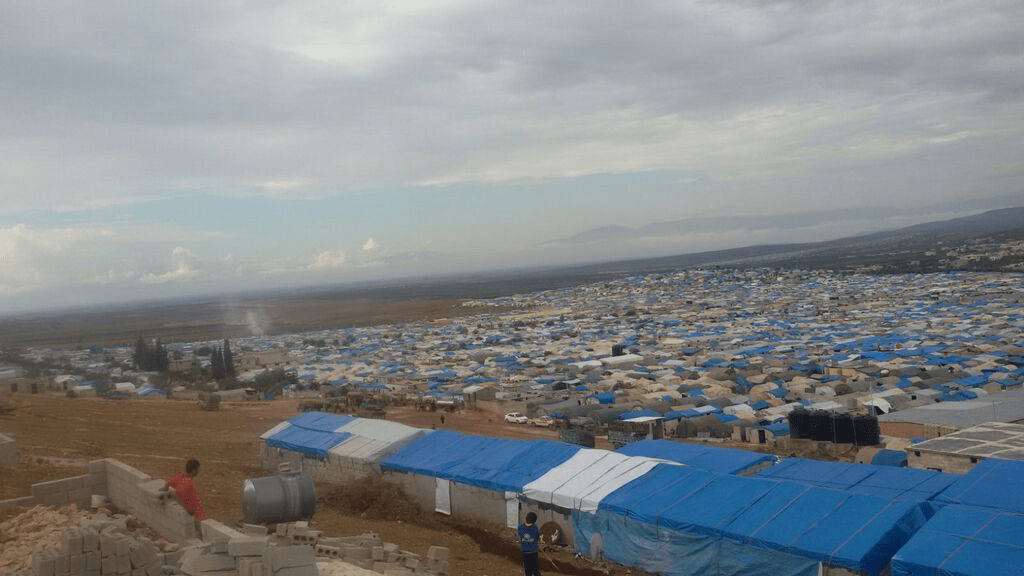DUBAI/NEW YORK—Airstrikes in Syria have killed at least 35 Syrian patients and medical staff in 12 hospitals in northern Syria since an escalation in bombings began in late September, the international medical humanitarian organization Doctors Without Borders/Médecins Sans Frontières (MSF) said today.
According to staff at the hospitals, the attacks, which have also wounded 72 people, targeted medical facilities in Idlib, Aleppo, and Hama governorates, including six supported by MSF. Overall, six hospitals have been forced to close, including three supported by MSF, and four ambulances were destroyed. One hospital has since reopened, yet access to emergency, maternity, pediatric, and primary health care services remains severely disrupted.
"After more than four years of war, I remain flabbergasted at how international humanitarian law can be so easily flouted by all parties to this conflict," said Sylvain Groulx, MSF head of mission for Syria. "We can only wonder whether this concept is dead. So many humanitarians and health actors including MSF have repeatedly called and are calling for an immediate halt to such attacks across the country, but are our voices being heard?"
As a result of the growing number of attacks in the region, tens of thousands of people have been forced to flee their homes, said MSF. Some have sought refuge in fields and nearby villages. According to MSF community health workers, others have fled further, with some 1,700 families joining an existing 110,000 internally displaced Syrians in four cluster camps spread around Atmeh, in Idlib Governorate. In the past week alone, 225 additional families have arrived at the camps.
With temperatures beginning to drop, finding adequate shelter and access to health care are urgent priorities. It is already difficult for displaced populations to access health care, and there is limited ability to expand existing camps or build new ones to accommodate the massive numbers of newly displaced persons. Some families are sharing tents, while others are taking refuge in mosques and schools.
"In addition to providing extra medical support through a mobile clinic in southern Aleppo, we’re looking into providing non-food items such as tents," said Groulx. “We’ll also be distributing other items for the upcoming winter, such as blankets. But this kind of support is just a drop in the ocean when you consider what displaced families really need. They need safety. They need security. They need to stop living from one moment to the next, wondering when the next bomb will fall."
MSF operates six medical facilities inside Syria and directly supports more than 150 clinics, health posts and field hospitals. MSF is also working with patients from Syria who have fled to Jordan, Lebanon and Iraq.
Learn More About MSF's Work in and Around Syria





